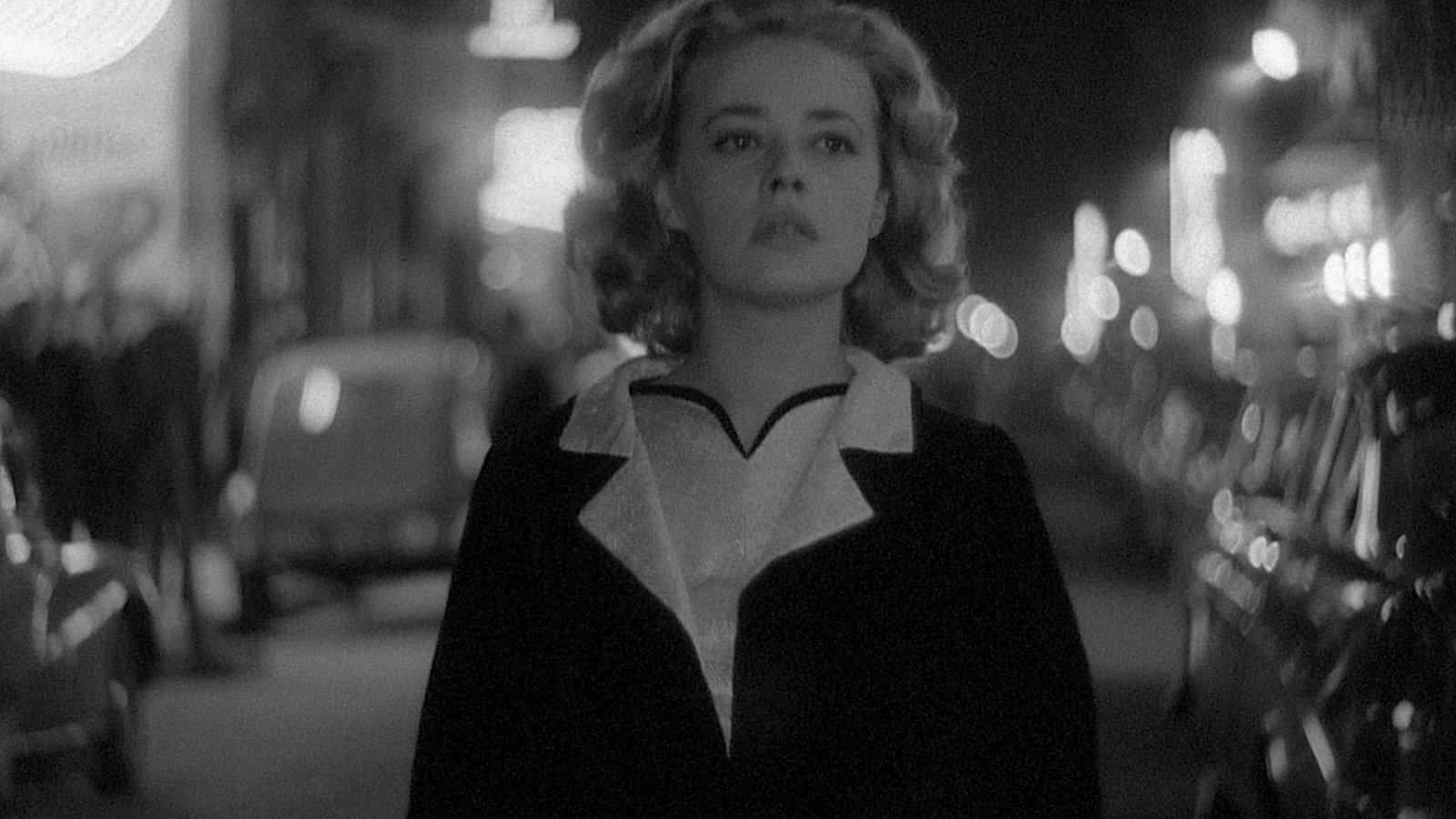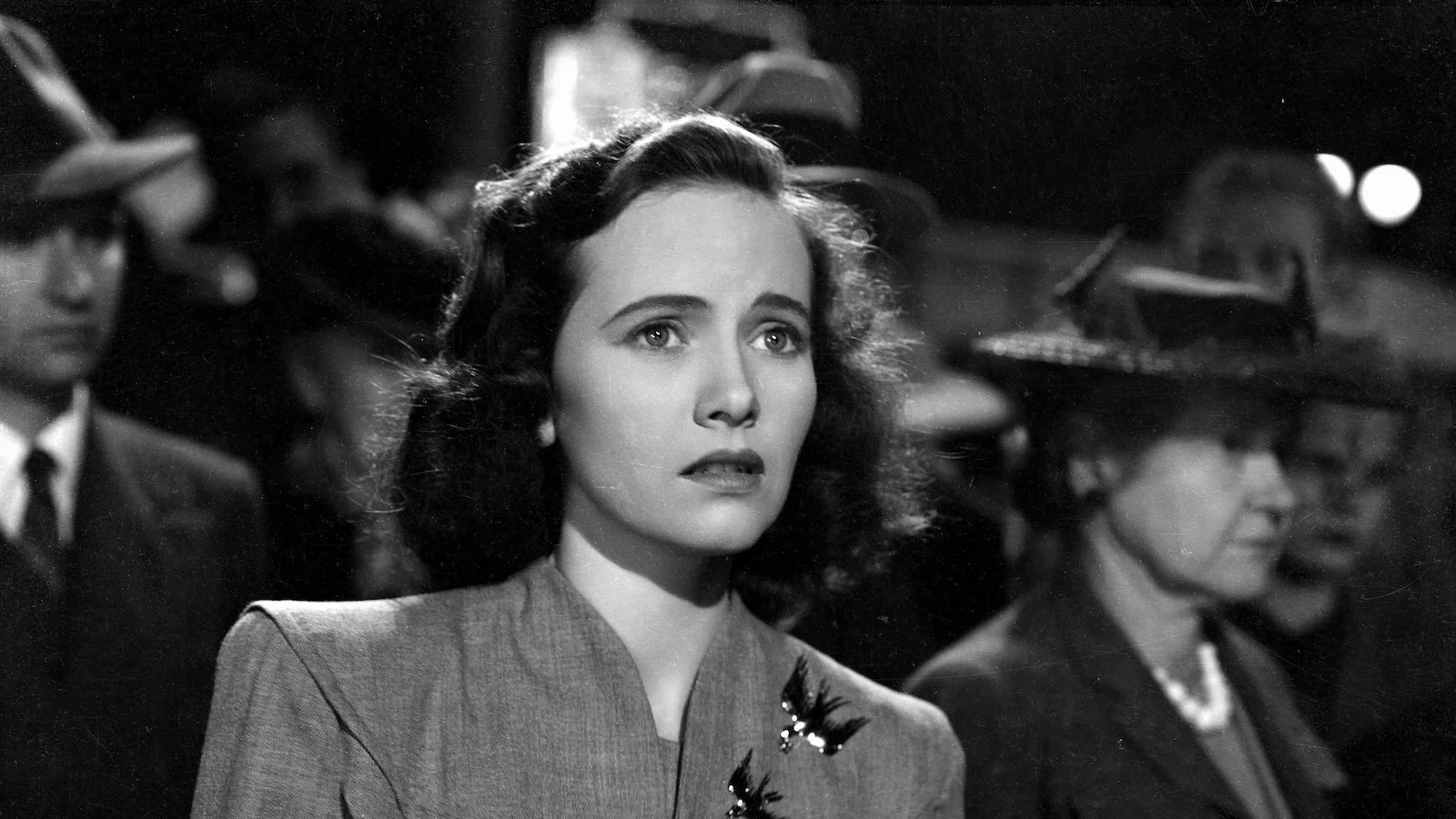Fellini’s 8 ½ (1963) review
In Fellini’s 8 ½ cinema and its making become the metaphor for art’s ultimate frightening frivolity. Cave paintings, ancient tribal tattooing, richly ornate religious ceremonies, Greek statuettes, the Sistine Chapel, Dante’s Commedia or Homeric epics: what’s the point to all this?
F for Fake (1973) review
Orson Welles’ F for Fake, a brilliant self-referential masterpiece, confronts this inconvenient problem in aesthetics: the author, as the presence behind the "original" work, its uniqueness, detainer of exclusive rights (property), who can only be understood in relation to his opposite, the faker.
To Be or Not To Be (1942) review
Ernst Lubitsch’s To Be or Not To Be (1942), one of the greatest of comedies, is also, among many other things, a cinematic commentary on Shakespeare’s line “All the world's a stage, and all the men and women merely players”.
Elevator to the Gallows (1958) review
Louie Malle’s masterpiece Elevator to the Gallows (1958) is a work of sensual art: aesthetics.
Laura (1944) review
That's the tragedy underneath the noirish police procedural of Laura (1944): Laura is a name which might not stand for anything in the end. She's a copywriter and a social climber; she’s also a dead body and a murder case to be solved; the lover to one and the rival to another; she's a young and beautiful socialite, and also a vain intellectual's pet project for the perfect lady; she's a dream-girl for the detective, and a portrait on the wall; she is, finally, the astonishing twenty-four year old Gene Tierney— an assortment of ideals in search of a fixed reference.
The Wrong Man (1956) review
What do people see when they look at you? Henry Fonda's character, based on one real and unlucky fellow named Manny Balastrero, is often subjected to this question, a most brutal question, in Alfred Hitchcock’s The Wrong Man (1956).
Mildred Pierce (1945) review
Mildred Pierce (1945) is like a black-and-white Balzac story set in 1940s L.A. The intricacies of bourgeois society, work, status, the interests, the families, justice, crime, marriage and divorce: everything is traversed by money and an irresistible impetus to climb that social ladder and "make it".
Kiss Me Deadly (1955) review
Kiss Me Deadly is about the sublime un-presence of power and authority in the nuclear age: it’s ridiculous to think of a democracy when a few man control a gadget capable of ending the world with a bang.
Angel Face (1952)
Angel Face, played diabolically by Jean Simmons, is impossible to resist: the first time Mitchum sees her he hypnotically walks towards her as she’s plays an eerie tune on the piano alone at night. Trouble never seemed more evident nor more sublime. “Walk away!”, we think; but we don’t want him to.
The Big Heat (1953) review
The Big Heat takes us back to the first book of Plato’s Republic, where Socrates and Thrasymachus dispute the definition of justice, and whether the unjust or the just life is more advantageous. Well, The Big Heat answers it: the unjust life is more advantageous and the unjust man is happier— Thrasymachus vindicated in the big city.
The Bad and the Beautiful (1952) review
Jonathan Shields (Kirk Douglas), a movie producer loosely based on David O. Selznick and Orson Welles, does not care about friendship, love, sex, honor or anything else for that matter: he merely uses these as auxiliaries for the only thing he really cares about: his pictures. And, boy, can he make ‘em.
Limelight (1952) review
In Limelight (1952) Charlie Chaplin interprets a somewhat exaggerated version of himself: comedy and vaudeville legend Calvero, who’s prime has passed and now, an old poor drunk – but wise… – is forced to the streets again, striving for a penny.
Diary of a Country Priest (1951) review
One young priest’s journey to the ugly heart of Christianity.
Shadow of a Doubt (1943) review
Like most Hitchcock films, Shadow of a Doubt concerns epistemic upheaval. It’s a tale on the dangers of knowledge. What happens once you know? Knowledge has a way of spoiling things, shattering hopes, replacing epistemic doubts for moral ones, curiosity for despair. It’s a traumatic experience to realize it was all an illusion.
Gun Crazy (1950) review
In Gun Crazy (1950) death, love and madness go in high gear, and it's hard to keep track midst all the shooting. At a traveling show the boy meets his soul mate, a gun-carrying, wild-blooded and death-foolish blonde. It’s love at first shooting.
Crossfire (1947) review
Crossfire (1947) begins with a brutal murder. We only see the shadows of one man beating another to death in a hotel room. In due course we discover that a fascist has killed a Jewish man. Nothing new under the sun? Perhaps, but there’s a problem: we're in Washington D.C. two years after the military defeat of fascism. And that's the catch: military defeat of fascism does not mean its demise.





















